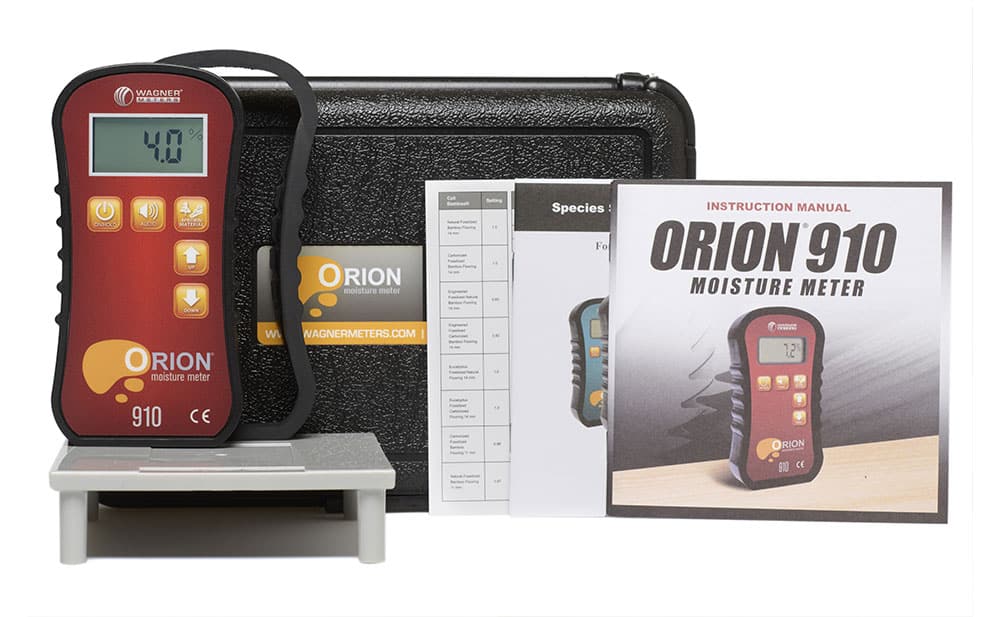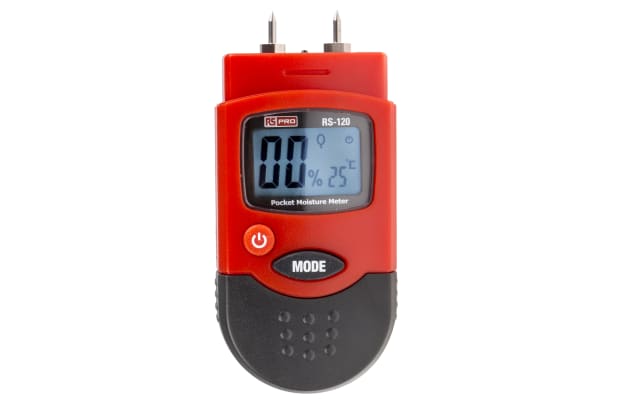The Ultimate Overview to Wetness Meters: A Comprehensive Introduction and Exactly How They Can Save You Cash
In the world of building maintenance, building, and various sectors, the relevance of precisely determining dampness degrees can not be overemphasized. Moisture meters function as indispensable devices in discovering and keeping track of moisture content in products, helping in avoiding pricey damages and ensuring the high quality of products. Understanding the subtleties of different kinds of wetness meters, their applications, and the possible cost-saving benefits they supply can be a game-changer for specialists and companies alike. Uncovering how these tools can not only simplify processes yet also add to economic savings is a trip worth starting.
Kinds Of Wetness Meters
One typical type is the pin-type moisture meter, which measures the electrical resistance in between 2 pins placed into a material. Pinless moisture meters, on the other hand, usage electro-magnetic sensing unit plates to scan a bigger location without creating damage to the material's surface.

Infrared moisture meters determine the thermal homes of a product to determine its wetness content non-invasively, making them beneficial for applications where pin or pinless meters may not be appropriate. Understanding the various types of wetness meters readily available can assist sectors choose the most proper tool for their particular dampness measurement requirements.

Benefits of Making Use Of Wetness Meters
Moisture meters use invaluable advantages in properly evaluating and monitoring wetness degrees in varied materials and environments (Moisture Meter). Among the primary benefits of utilizing dampness meters is the prevention of prospective damages brought on by excess dampness. By finding and attending to high moisture levels early, dampness meters help to stop mold growth, rot, and structural damage in buildings, saving both time and cash on fixings. In addition, dampness meters help in ensuring the quality of materials during construction or manufacturing processes. By accurately measuring moisture content, these tools help maintain the integrity of timber, drywall, concrete, and various other products, lowering the threat of failures or problems.
Additionally, making use of wetness meters can bring about enhanced power efficiency. By recognizing areas with high wetness degrees, such as leakages or poor insulation, changes can be made to enhance energy conservation and minimize utility expenses. In farming settings, dampness meters play a vital duty in maximizing crop yields by enabling farmers to keep an eye on dirt dampness levels and make informed watering choices. Generally, the advantages of utilizing dampness meters cover across different industries, supplying affordable solutions and promoting better quality assurance methods.
Exactly How to Select the Right Dampness Meter
When picking a dampness meter, it's essential to guarantee that the meter is ideal for the particular product you will certainly be screening. Different materials have varying electric residential properties that can impact wetness analyses, so choosing a meter made for your material is vital for exact outcomes. By very carefully reviewing these factors, you can choose a dampness meter that meets your needs and gives exact moisture dimensions for why not try this out your tasks.
Correct Strategies for Dampness Meter Usage

Cost Cost Savings Via Wetness Meter Applications
How can the calculated usage of dampness meters lead to considerable price savings across numerous sectors? In the farming industry, moisture meters help in determining the ideal time for collecting plants, protecting against over-drying or excess dampness that can affect the last item's top quality.
Likewise, in building and construction, dampness meters assist avoid costly problems by discovering moisture levels in structure materials, such as timber or concrete, which can bring about architectural concerns otherwise addressed promptly. By identifying problem locations early, specialists can take rehabilitative actions to prevent comprehensive repair services or substitutes, ultimately saving money and time.
Additionally, in the food handling industry, moisture meters are vital for keeping track of product top quality and making certain conformity with security regulations. By accurately determining wetness web content in food items, producers can protect against spoilage, keep freshness, and minimize waste, resulting in considerable expense savings. Generally, the strategic application of dampness meters is an important investment that can lead to substantial cost decreases and enhanced effectiveness across numerous industries.
Verdict
To conclude, dampness meters are important tools for measuring and finding moisture degrees in numerous products. By making use of the appropriate dampness meter and complying with appropriate strategies, individuals can effectively avoid costly problems brought on by excess dampness. Buying a high quality moisture meter can bring about considerable cost financial savings in the lengthy run by recognizing possible concerns early and enabling timely removal. Ultimately, moisture meters are essential instruments for maintaining the honesty and longevity of structures and materials.
Wetness meters offer as vital tools in spotting and keeping track of moisture content in products, aiding in protecting against costly problems and ensuring the quality of products. Infrared moisture meters gauge the thermal residential or commercial properties of a material to identify its moisture web content non-invasively, content making them helpful for applications where pin or pinless meters may not be suitable.Dampness meters use indispensable benefits in properly keeping track of and analyzing wetness levels in varied materials and environments. In agricultural setups, dampness meters play an essential function in optimizing crop returns by making it possible for farmers to monitor soil dampness degrees and make notified watering decisions.In verdict, dampness meters are beneficial tools for gauging and identifying dampness levels in various materials.